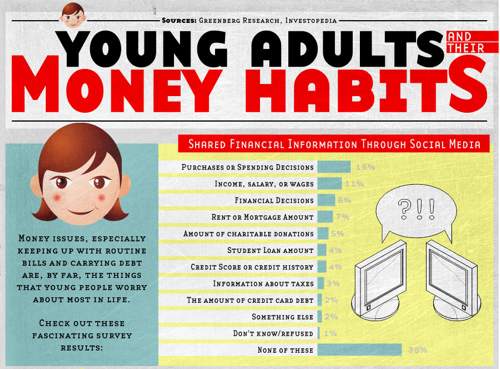The value of U.S. currency has gone down nearly 10% against the euro in the past three months, but the impact on exports, tourism, the price of oil, and foreign investment may not necessarily be as bad as it seems…
- When the value of the dollar falls, it means that $1 is worth less compared to one unit of another form of currency. So if $1 was once worth 1 euro, a fallen dollar might be worth only half a euro. That makes U.S. dollars cheap to euro-holders, and euros expensive to dollar-holders.
- A cheaper dollar means that U.S. goods are more attractive to foreign buyers, so exports will likely rise. Since many American companies make a good portion of their profit outside the country, this could be a significant boost to the economy. A weak dollar is also an enticement for foreign tourist to visit the U.S. and spend lots of euros and yen!
- The price of imported goods is going to increase. Of course, this could just encourage Americans to drive domestic industry by purchasing more affordable American-made goods. But not every product can be duplicated domestically.
Facts & Figures
- In 2009, foreign tourists in the U.S. were responsible for $120 billion in revenue.
- In July, an 8GB iPhone selling for $99 would have cost an Italian customer 78 euros. Today it would cost only 71 euros.
- If they cashed out now, investors in the Euro Stoxx 50 index would be up 17% from 3 months ago simply because of the change in the dollar’s value.
Best Quote
“International finance isn’t pretty. If everyone focuses on exports, it’s a race to the bottom in exchange rates.” – Aroop Chatterjee, Currency Strategist at Barclay’s Capital
